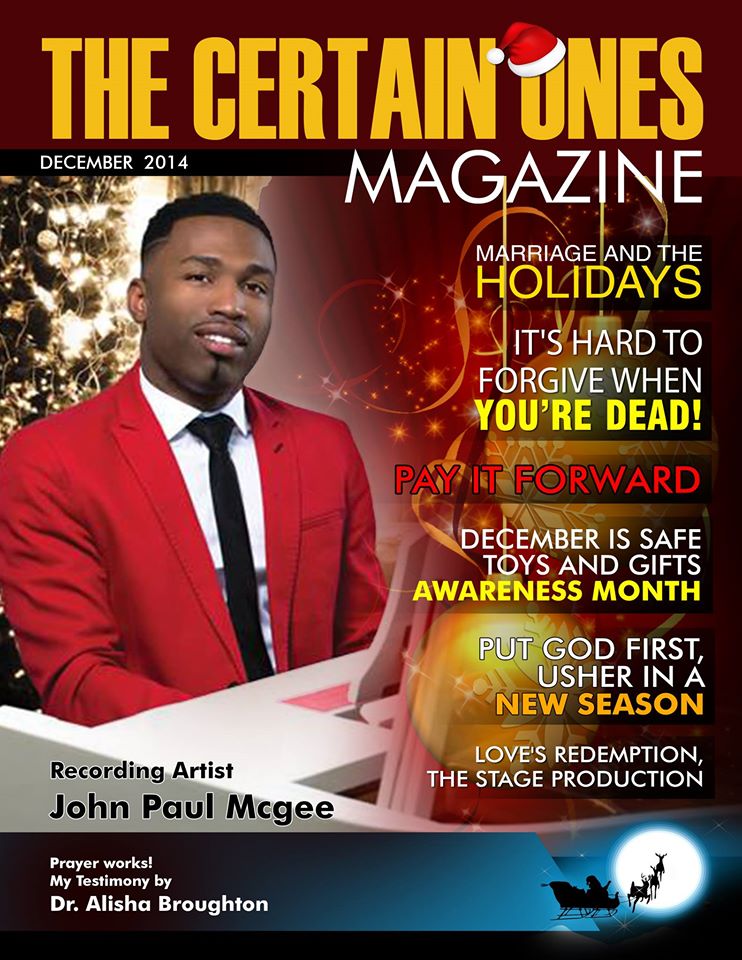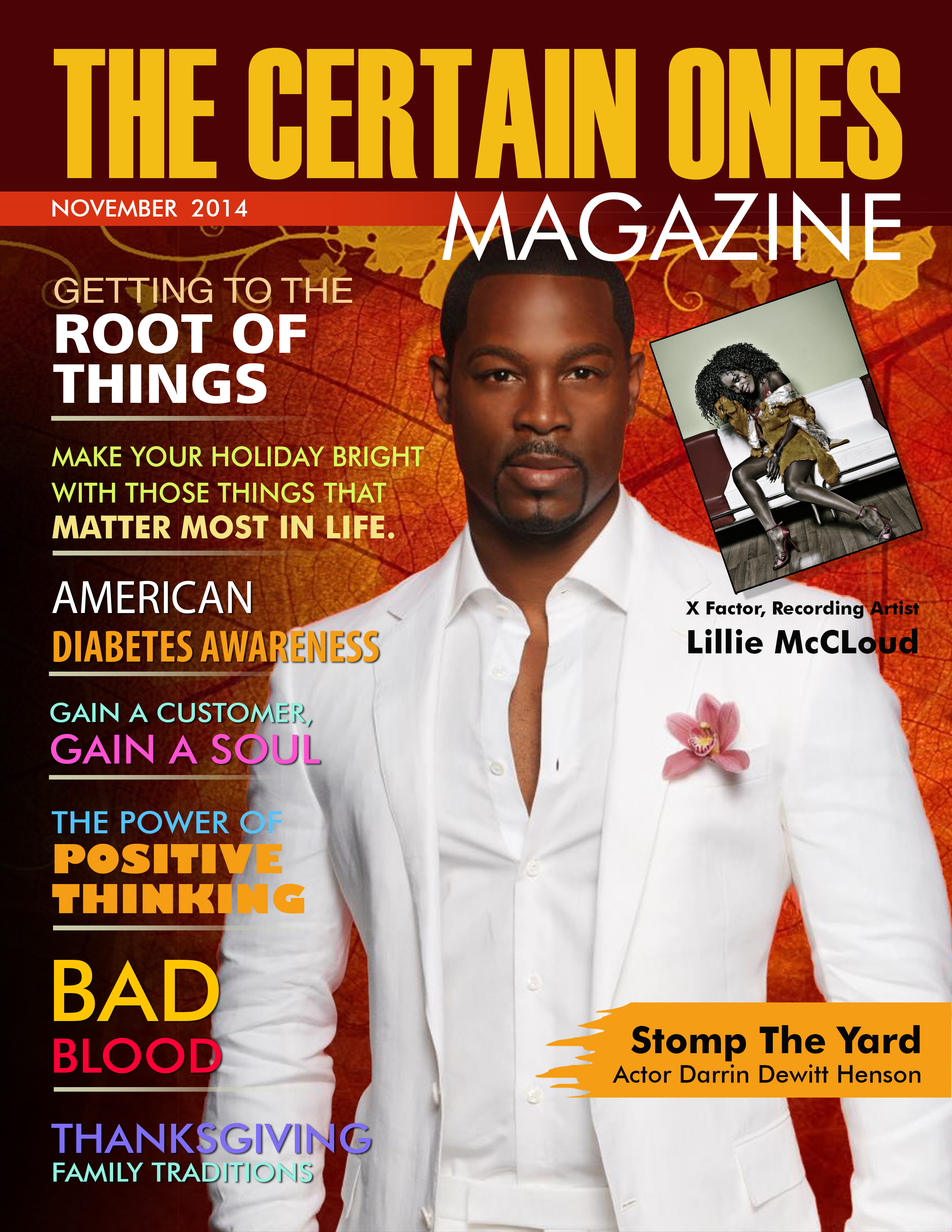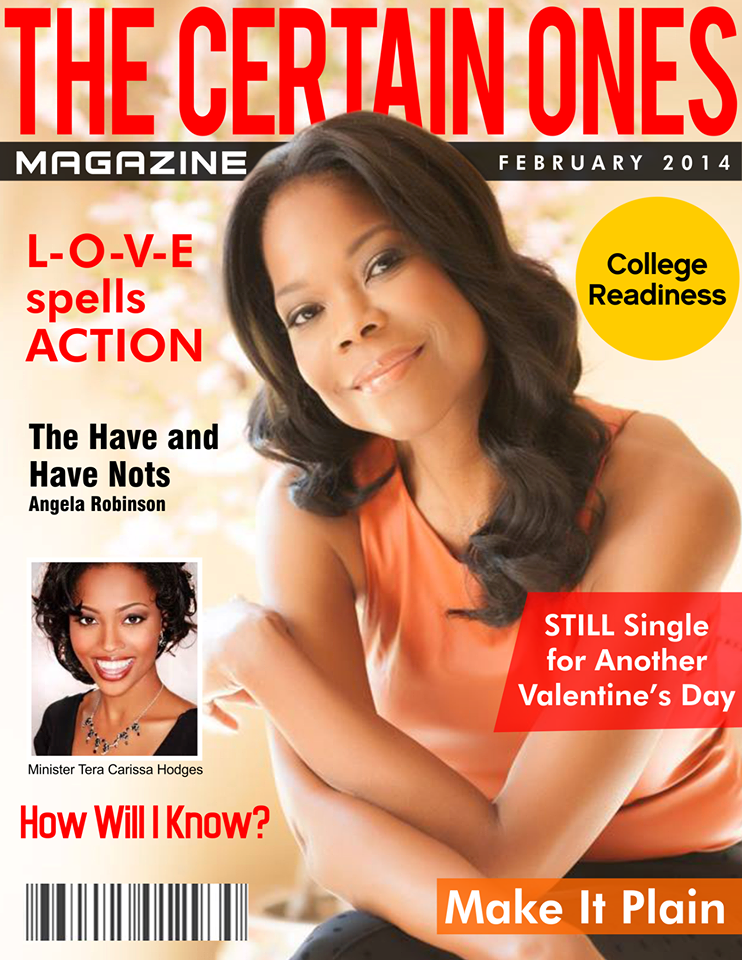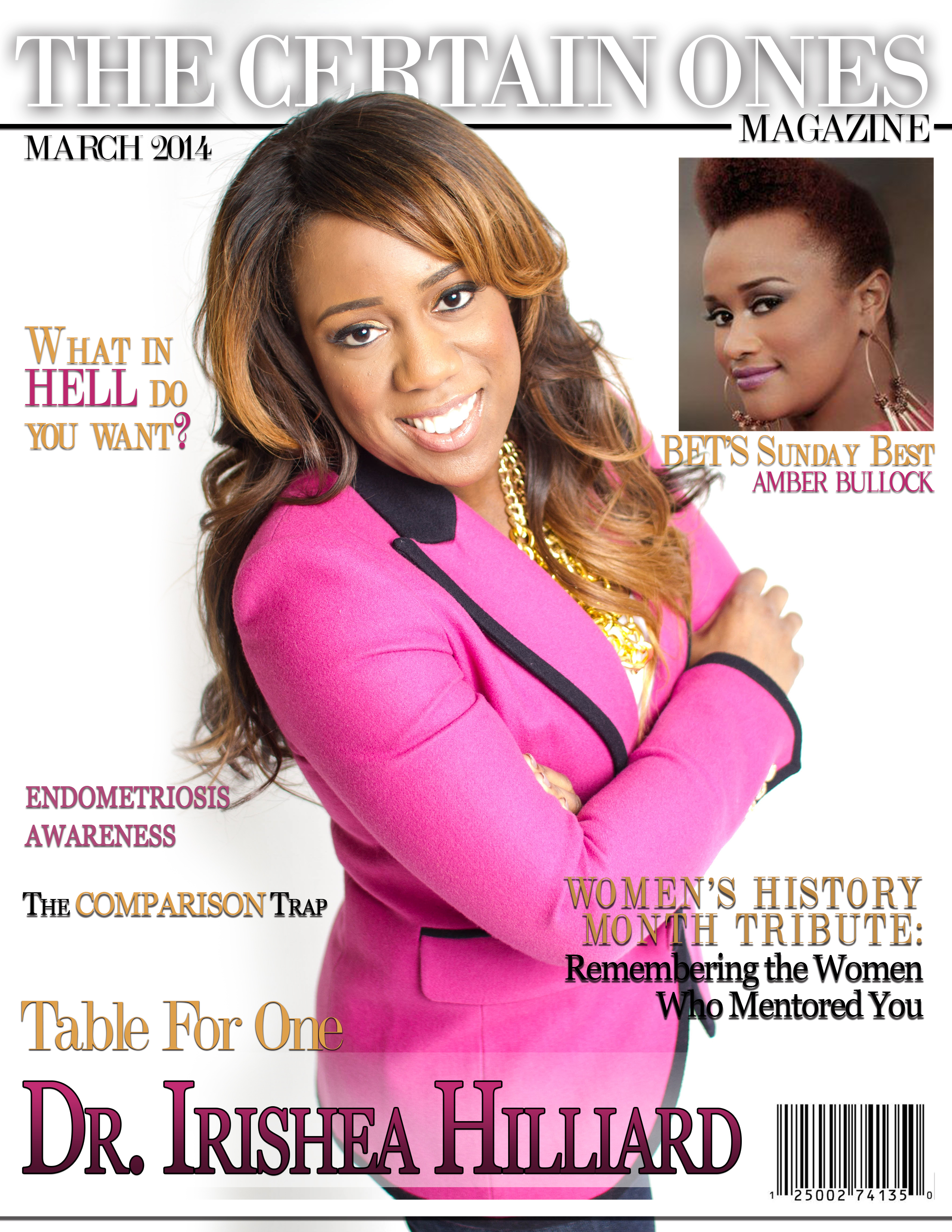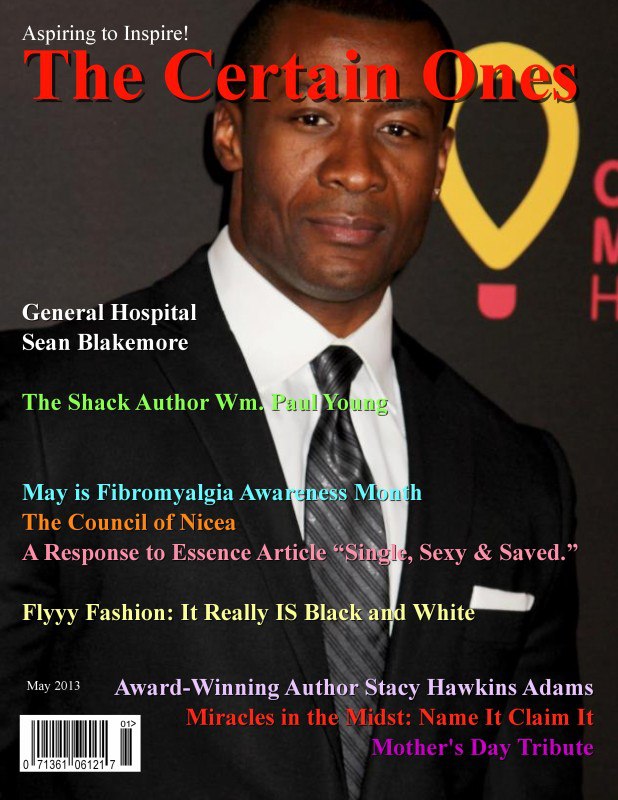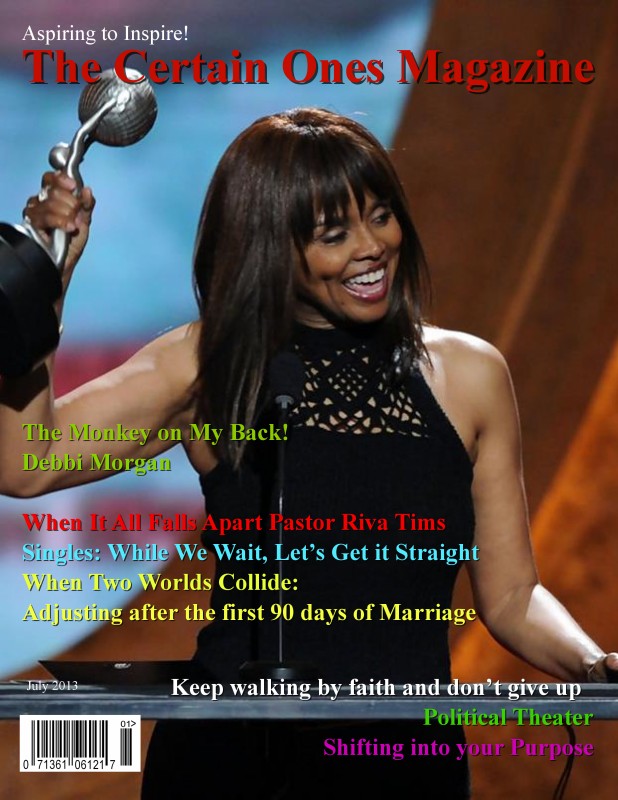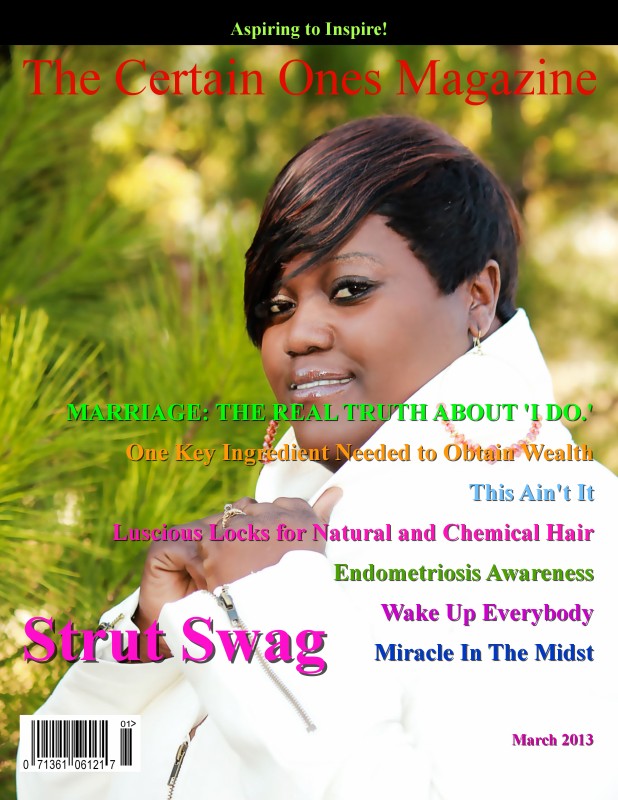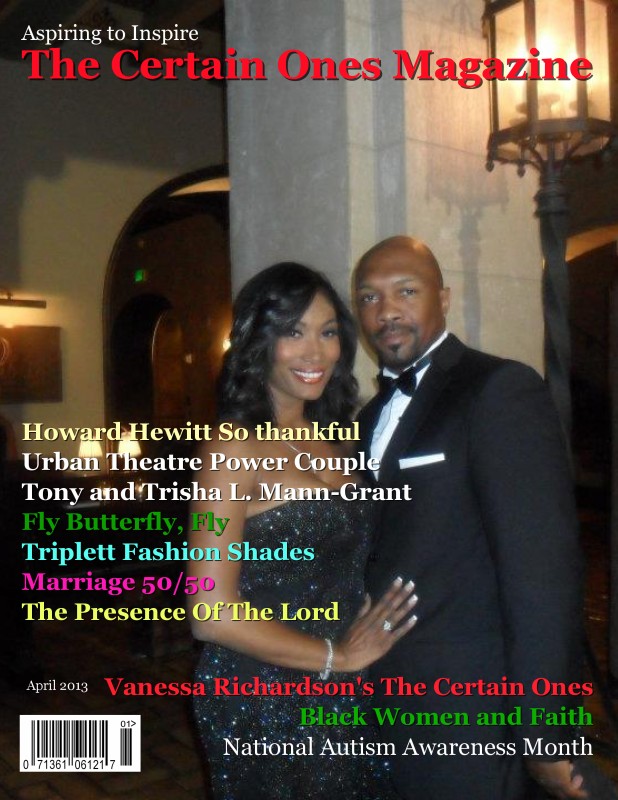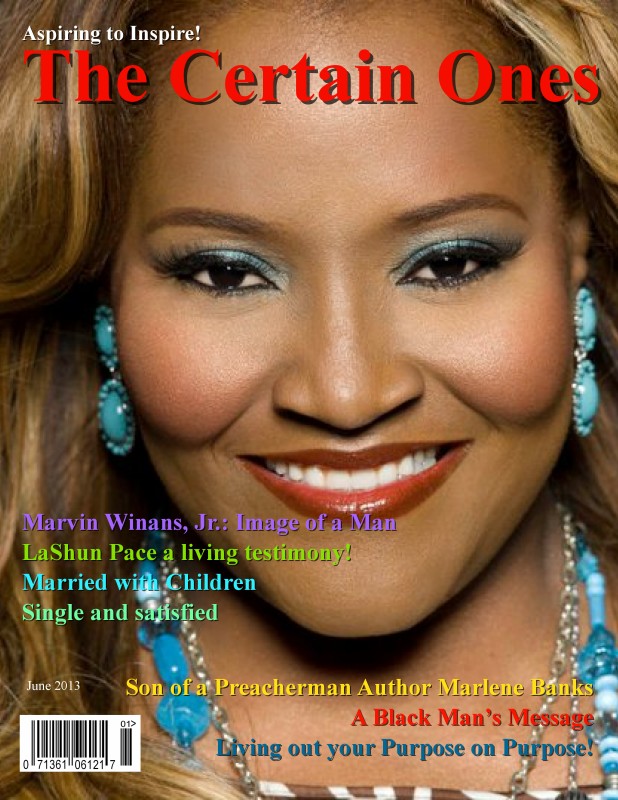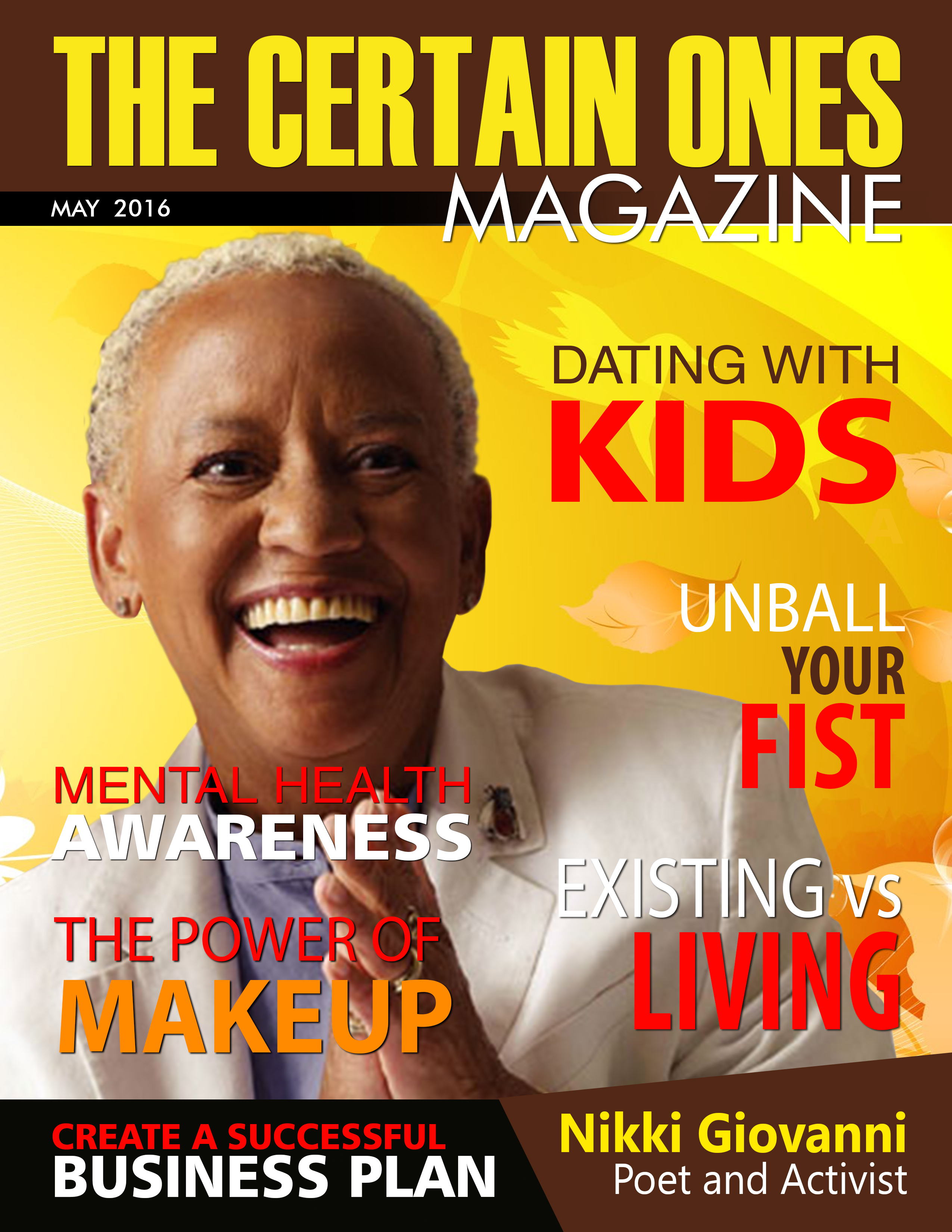Posted by The Certain Ones in Inspiration | 0 Comments
How to speak up and be heard
It is the dream of every orator to fascinate its public to the point that his/her ideas are being transmitted and understood. But on many occasions, a great message gets lost along the way between the sender and the receiver, while meaningless words are able to fascinate and influence masses.
The truth behind this reality of communication is that we pay attention not only to the content, but also to the manner in which it is presented. We will explore a few techniques/tips on how to speak and be heard.
Keeping the same voice height and avoiding any fluctuations is a mistake you have no excuse for. How do you want someone to notice your key phrase, or conclusion when it is hidden half way through a 20 minutes speech? The same goes for written communication like articles or papers. Your message needs structure and a clear hierarchy that will leave even the most distracted member of your public with at least a vague idea. Empty space in a speech, text or piece of art offers the viewer/public the possibility to break your concept in smaller pieces which are after all easily understood. Raising a bit the voice, or its equivalent, bolded text, or anything providing enough contrast, is a powerful weapon, which needs to be used with moderation.
Content is nothing without a coherent context. You probably won’t want to talk about fashion dressed without any respect to rules of good taste. The public pays equal attention to both the verbal and the non-verbal components, the same way you judge any book by its review written on the cover.
Gaining the public’s attention is just one part of the struggle as you are now required to maintain it. Engaging the public is the best way to make your relationship more tied and ensure you are on the right track. Added value can come from the public’s input and we certainly live in time when fast communication and consistent feedback are at the order of the day. Challenging the public to address questions might make such an open speech more susceptible to reaching a dead end, but knowing how to navigate information with this drawback can make the whole experience more complete.
Knowing the profile of the public is a crucial step for fine tuning your speech. Different types of listeners require different types of approaches and the ability to “read” the public is a quality acquired after many years of practice. Being heard is usually question of quality and not one of quantity. An educated public will always know to look past your displayed confidence and judge the true essence of what you are trying to say. On the other hand, if you are addressing your message to large, heterogeneous crowds, relying on common denominators like general beliefs, and referencing recent events is the safe way to go. But not many are left with the comfortable possibility of choosing one’s audience. A quality public is usually hard to satisfy, especially if you are trying to sell a non-conventional idea. Doing your homework and trying to come up with all the counterarguments before your live performance is a possibility to avoid the discomfort of finding moment solutions and explanations.
Although disliked by many, politicians are the most prominent public figures you could observe in order to identify the elements that make a speech successful or not. The strategy to make yourself heard in the world of politics is not exactly extracted from the textbook of white hat practices, but who said anything about always playing by the rules. Stepping aside the “correct” has created many successful speeches and has certainly attracted the public.
Last but probably more important than the previous recommendations, you have to believe the message before unleashing it to the world. Even if it’s a lie, convince yourself first that it is a good lie, one that deserves your efforts. The collective entity which is the public will certainly identify your inner struggle and the contradiction between what you are saying and what you believe might become obvious. That is a great way to ruin a speech and reduce the impact on your voice.





